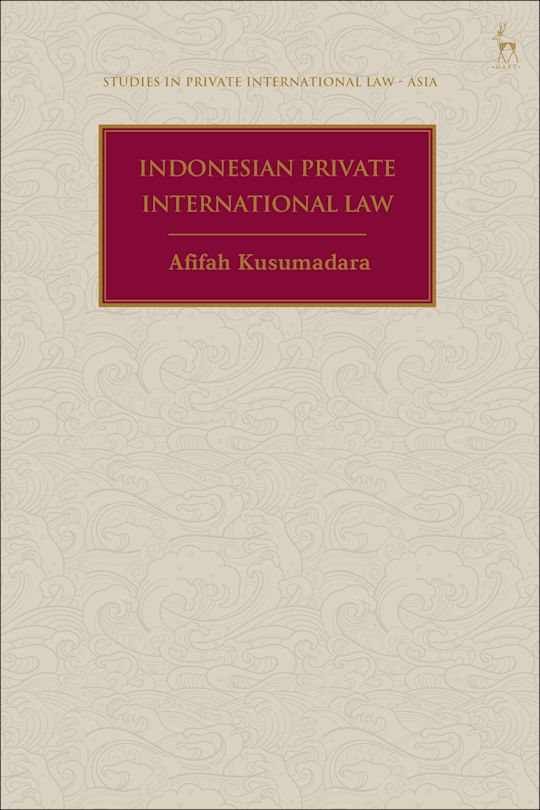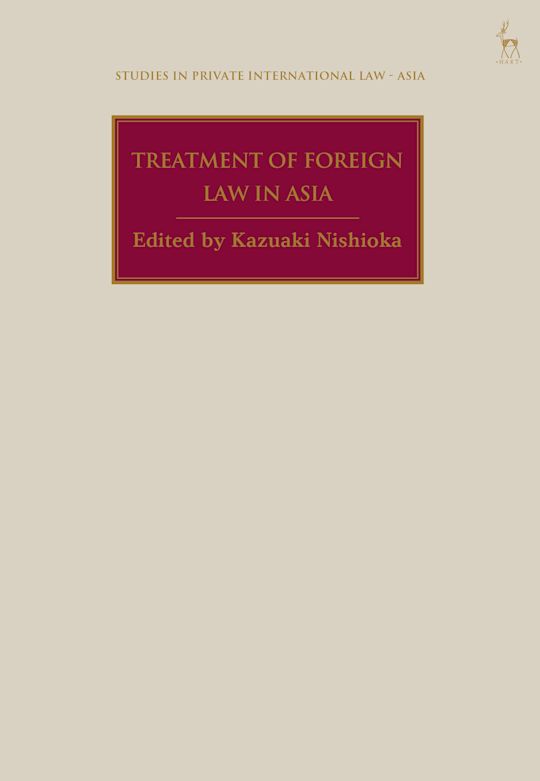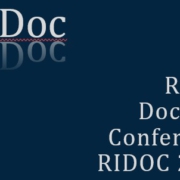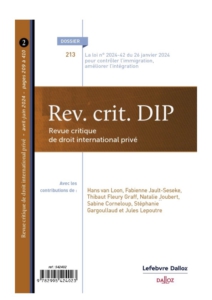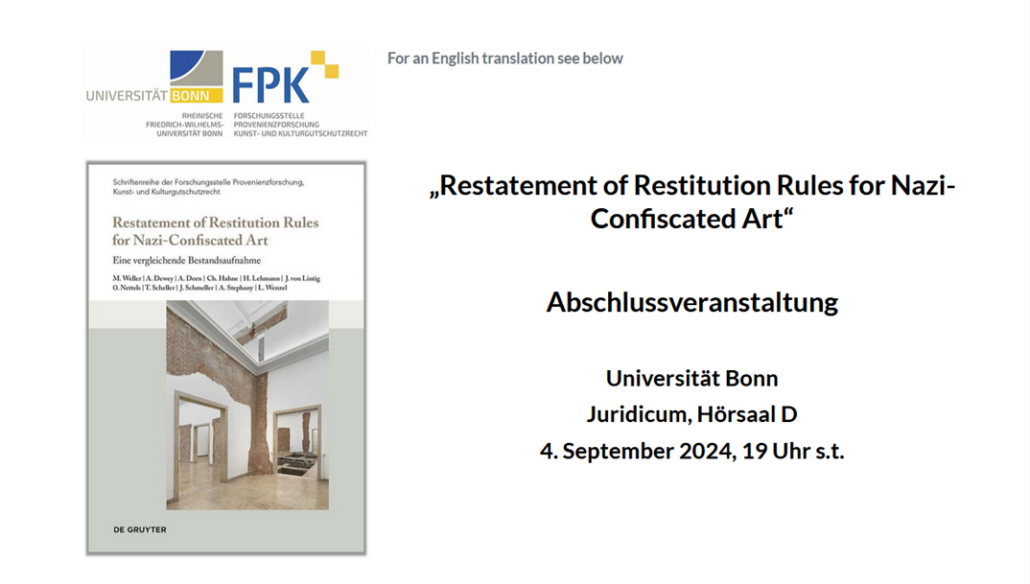Second Issue of the Journal of Private International Law for 2024
The second issue of the Journal of Private International Law for 2024 has just been published. It contains the following articles:
Reid Mortensen & Kathy Reeves, The common law marriage in Australian private international law
The common law marriage is a curiosity in the private international law of marriage in the Commonwealth and Ireland. In some cases, a marriage that is invalid under the law of the place where it was solemnised (lex loci celebrationis) may nevertheless be recognised as valid if it meets the requirements of a common law marriage. These originate in the English canon law as it stood in the eighteenth century and include the central requirement of the parties’ present declaration that they are married. The parties also had to meet the essentials of a Christian marriage as described in Hyde v Hyde (1866): “a voluntary union for life of one man and one woman to the exclusion of all others”. Read more

